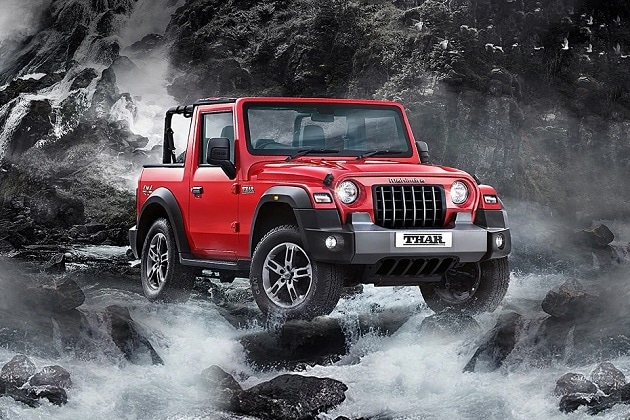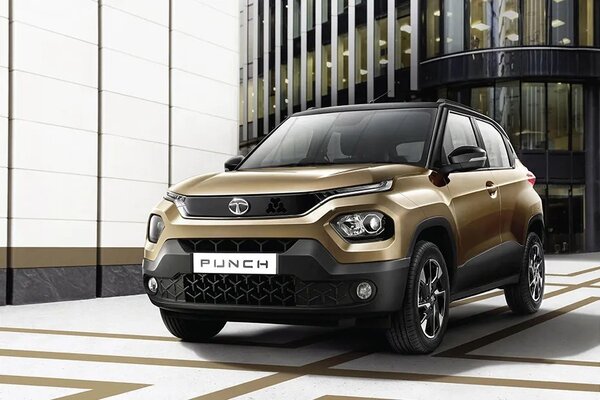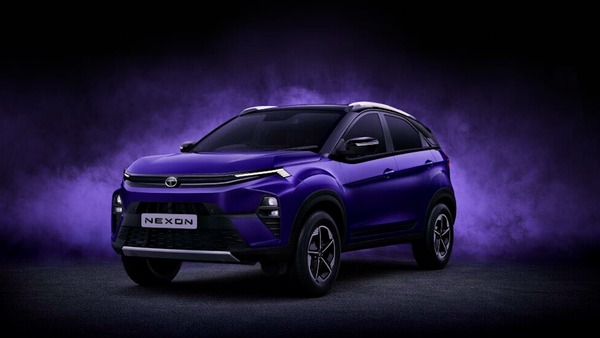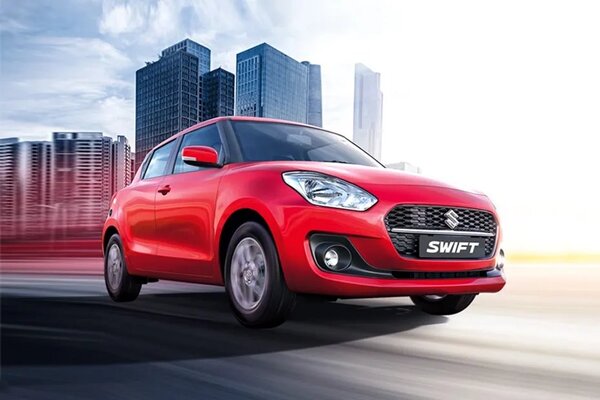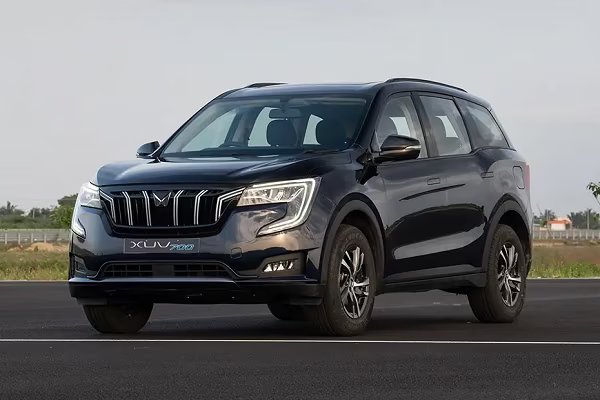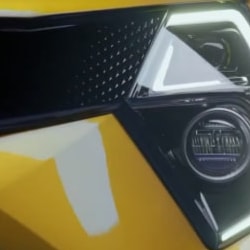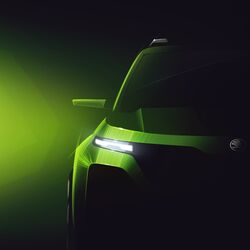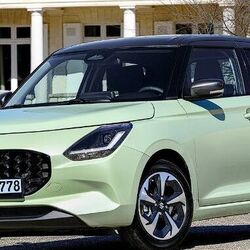Is it viable to buy a diesel car amid tightening emission norms and uncertainty?
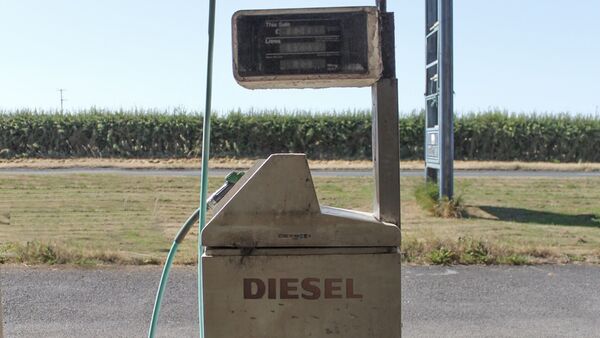

Diesel as a motor fuel has remained an attractive proposition for decades for Indian consumers. Powerful and torquey engines and better mileage over petrol were among the key factors behind making diesel a popular motor fuel for many consumers. Buoyed by this consumer perception favouring diesel automakers in India invested heavily in diesel-powered passenger vehicles. However, over the last few years, the situation across the country has changed drastically. From a diesel-loving country, India has shifted to a country where diesel is witnessing its slow and gradual demise.
Numerous factors such as tightening emission norms, significantly improved mileage from petrol-powered vehicles, projection of diesel being a dirty fuel, and ban on 10-year-old diesel vehicles in Delhi-NCR have created an anti-diesel sentiment among consumers. India’s biggest car manufacturer Maruti Suzuki has discontinued all its diesel passenger vehicles in the country since December 2019. Other automakers like Hyundai, and Tata Motors too have been increasingly focusing on petrol-powered cars. Besides these factors, the gap between petrol and diesel prices across India has narrowed significantly over the last few years. This too has played a key role in increasing petrol’s popularity over diesel.
Trending Cars
Over the last few years, the share of diesel engines in the Indian passenger vehicle market has witnessed a major slump. In some segments like hatchbacks and sedans, the share of diesel has declined to nearly zero per cent. The rise of SUVs across the country and these boxy vehicles being available with diesel engines are still propelling the diesel sales in the passenger vehicle sales. However, in the SUV segment, the share of diesel engines in the SUV segment has come down to 33 per cent in 2023, compared to 97 per cent in 2013-14, despite the rise of the number of SUVs in India over the last few years. In all these segments, fuel options such as petrol, CNG, petrol hybrid and electric have been swallowing the shares of diesel. According to Nitin Gadkari, the Union Minister of Road Transport and Highways, diesel cars held a 53 per cent share of the Indian car market in 2013, which plummeted to 18 per cent in 2023.
If the stances of the Indian government. consumers of the country and automakers in the Indian market are to be taken as a precursor for diesel’s future, it can be said that the fate of this fuel is sealed. If not immediately, then at least over the next couple of years, diesel cars would see a further slump in sales and share in different segments of the passenger vehicle market in the country.
Also Read : I am not against diesel fuel, says Gadkari days after talk on additional tax.
In such a situation, a major question among consumers is how viable it is to buy a diesel car in 2023 or in the coming years.
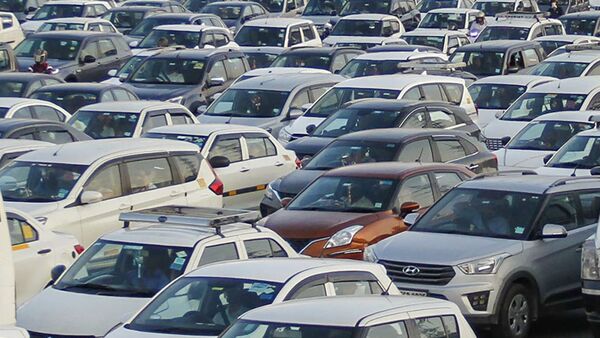

Is it viable to buy a diesel car in India?
The question if it is viable to buy a diesel car in India comes with mixed responses. Many people believe diesel is still the fuel for the common man who uses their vehicles for regular commuting in and around the city. The perception of SUV buyers towards diesel too is still positive. However, when it comes to small cars like hatchbacks or even sedans, the consumer perspective is different. Buyers of these small cars prefer petrol, petrol-CNG, electric or hybrid propulsion technology over diesel. Factors that are making an impact in their decision include the overall cost of ownership, narrowing the gap between petrol and diesel, improved mileage of modern petrol cars, fear of a diesel ban etc.
In such a scenario, if you are planning to buy a diesel car, remember some key points: diminishing resale value, high upfront and maintenance costs, risk of being obsolete during ownership, higher insurance costs etc.
The ban on 10-year-old diesel vehicles and the prospect of a blanket ban on diesel cars in major cities by the end of this decade has been creating a strong anti-diesel sentiment among consumers, including the user car buyers, which is impacting the resale value of diesel-powered passenger vehicles negatively.
Watch: Petrol vs CNG vs Diesel Cars vs EV - Which is Better? | All Things Auto | HT Auto
Tightening emission norms are propelling the automakers to make more investments in research and development of modern diesel engines, eventually resulting in diesel cars being slapped with higher costs compared to their petrol counterparts. Besides the upfront cost, maintenance costs for diesel too are increasing faster than petrol models. Diesel cars command higher insurance costs than their petrol counterparts, which eventually impacts the overall cost of ownership.
Fuel prices in India are currently at an all-time high and the difference between petrol and diesel has shrunk significantly over the years. Also, modern petrol cars are as fuel efficient as diesel cars, which negate the advantage of diesel cars against their petrol counterparts.
In the last few years, major carmakers have become inclined towards petrol cars. Maruti Suzuki has completely phased out diesel engine options. Customers investing in diesel cars sold by other brands face the risk of their cars becoming obsolete during ownership, as stricter norms have been forcing the automakers to discontinue diesel engines.
While these factors are enough to make you shy away from diesel cars, there are advantages of this fuel as well. Diesel engines are known to be effective for large vehicles that require higher torque. If you are a person who loves to drive in high hills and mountains and loves off-roading, diesel is still is best choice.


Policies promoting consumers' dilemma
The Indian policymakers' stance on fossil fuel powertrains, especially diesel has been creating a dilemma for the consumers who still consider diesel as their preferred fuel. Despite their choice inclined towards diesel powertrains, the uncertainty about the future of this technology is forcing them to choose petrol or any other powertrain rather than diesel.
Policies like GRAP have been making it confusing for consumers who are still considering buying a diesel car. Avik Chattopadhyay, former head of marketing, product planning and PR at Volkswagen India believes that with Delhi-NCR implementing this policy, other metro cities across the country may opt for the same policy in coming days. “Policies like GRAP make it confusing for the prospect to choose a diesel car. And we may see other metro cities opting for the same policies as Delhi-NCR has. As if the BS6 petrol SUV is not as inefficient or polluting as the BS6 diesel," he said.
Chattopadhyay further claimed that the Indian policymakers have been blindly following the European markets that have been moving away from diesel. “With Europe choosing to move away from diesel, the policymakers have an excuse to ape highly developed markets with high vehicle penetration," he added.
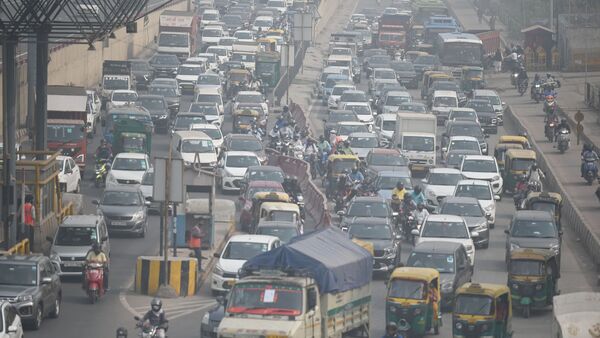

What’s the industry’s opinion about diesel cars
The automobile industry experts have mixed opinions when it comes to the prospect of buying a diesel car in India. While there are positive vibes from the automakers, experts also have sceptical thoughts about buying a diesel personal vehicle.
While India's biggest car manufacturer Maruti Suzuki has stopped selling diesel cars, its closest rival and the second largest carmaker in the country, Hyundai continues to sell diesel cars alongside petrol, petrol-CNG and electric vehicles. Speaking to HT Auto, Tarun Garg, COO of Hyundai Motor India Limited (HMIL), said that consumers prefer powertrains depending on the body type and size of the car. He also added that in addition to the body type and size, customers' choice of powertrain also differs based on different geographies.
Garg further said that while entry-level customers prefer petrol and CNG, bigger sedan buyers prefer turbocharged engines and petrol. On the other hand, midsize and large SUV customers prefer diesel. He further claimed that despite the slump in sales, diesel cars still contribute about 18 per cent to Hyundai's overall sales in India.
Toyota is another player in the mass-market and premium segment that continues to sell diesel cars. It didn't respond to queries sent to HT Auto.
Puneet Gupta, Director of S&P Global Mobility, believes that diesel is still an attractive proposition for consumers who look for powerful engines or drive more than 30,000 kilometres every year. However, he also accepts that people have been shying away from buying diesel cars. “Diesel is an attractive proposition for consumers who are looking for powerful engines or for consumers whose driving is more than 30k per year. But considering diesel is a dirty fuel now consumers are more aware and don’t want to associate themselves with polluting machines. Also considering the diesel ban in Delhi NCR of 10-year-old vehicles consumers have started moving away from diesel cars now," Gupta added.
Avik Chattopadhyay, former head of marketing, product planning and PR at Volkswagen India, believes that the personal diesel passenger cars are being forced out of the consumer's basket of choice by a clique of policymakers, activists and lobbyists with tinted vision and twisted logic. “They fail to recognise the fact that present-day diesel engine technology is at least equal if not more efficient and green than petrol. The entire narrative has been crafted to portray diesel as the ‘culprit’," he added.








 1497 cc
1497 cc Multiple
Multiple